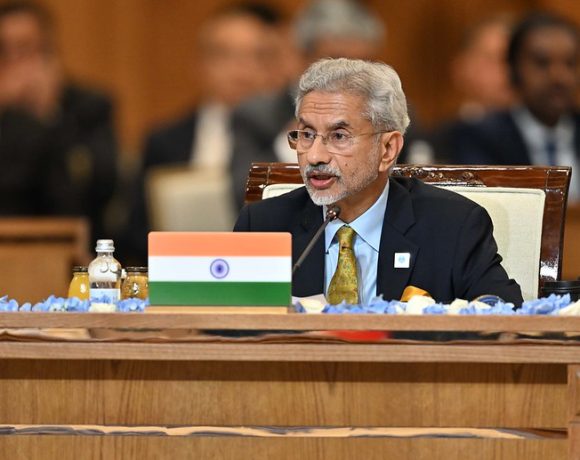
UK Inflation Hits 18-Month High at 3.6%
The United Kingdom’s consumer price inflation surged to 3.6% in June, marking the highest level recorded in the past 18 months. The jump from May’s 3.4% reading has caught policymakers off guard and is fueling concerns about the cost of living under the newly elected Labour government led by Prime Minister Keir Starmer.
The inflation spike has been primarily driven by rising food, fuel, and transportation prices. Core inflation, which excludes volatile items like food and energy, climbed to 3.7%, while inflation in the services sector jumped to 4.7%, indicating persistent cost pressures across the board.
Rate Cut Hopes in Jeopardy
The Bank of England had previously begun easing interest rates after last year’s peak of 5.25%, bringing the current rate to 4.25%. Another cut was widely expected in August. However, the stronger-than-expected inflation data could lead the central bank to delay or slow down its rate reduction plans.
The pound sterling saw modest gains following the inflation report, but investor sentiment remains cautious as future monetary policy decisions now hang in the balance.
Political and Economic Reactions
Chancellor Rachel Reeves has assured that the government remains committed to managing the inflation burden through wage support measures and targeted subsidies. However, critics argue that recent tax and national insurance changes may have added to inflationary pressure, complicating the government’s efforts to stabilise the economy.
The latest data comes at a critical time, with the government also facing external trade-related uncertainties, including looming tariff decisions from the United States. Economic analysts forecast inflation could peak at 3.7% by September before gradually easing into 2026.


















